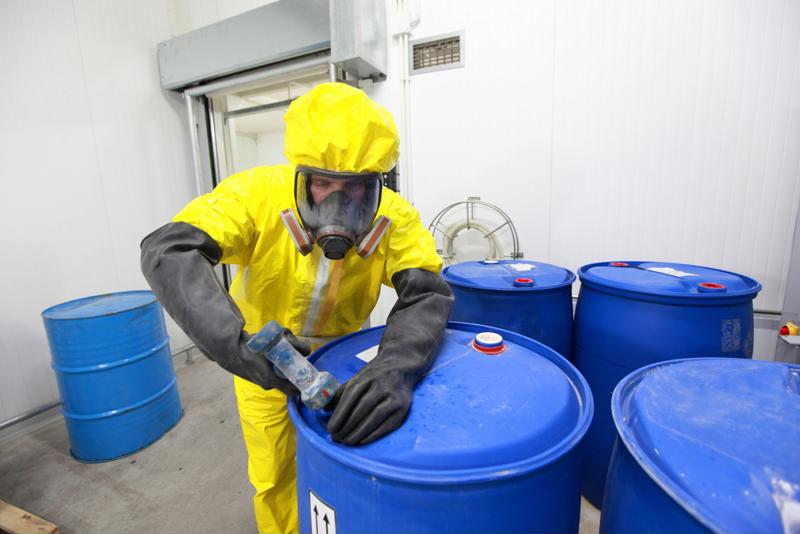Brazil's top port suffered setbacks recently following a strike that affected four terminals mere months after an explosion rocked the location.
Around 4,000 dock workers carried out a potentially illegal strike at the port in Santos, Brazil, on Mar. 21, according to the Journal of Commerce (JOC). The walkout slowed operations at numerous terminals, including the two top container facilities at the port. The strike was originally set to last for 24 hours, though the most disruptive action, at Brasil Terminal Portuario, went on for 12 hours. Afterward, the Sindestiva dock workers union and Union of Port Operators State São Paulo (Sopesp) agreed to schedule talks for Mar. 23.
Union members demand pay raises sooner than planned
The reason for the walkout concerns Sindestiva union members' pay. They have asserted that they need to work out pay raises with Sopesp now, rather than wait until their current collective bargaining agreement ends in August.
"We stopped work and picketed to defend our jobs and our work. We want fair pay and we know that employers can meet our demands," Rodnei Oliveira da Silva, the president of Sindestiva, told local media according to the JOC.
He added that dock workers' wages were significantly behind inflation, more meal vouchers were necessary and union members deserve more pay for night work, among other factors that led to the strike, the media outlet reported. However, Sopesp has maintained that the union should wait until August to work these issues out. Jos dos Santos Martins, the employer group's executive director, explained that Sopesp is working with the Regional Labor Court to have the strike declared illegal. This could lead to any financial losses incurred as a result of the walkout being charged to union members.
One shipping agent told the JOC that these issues had been bubbling beneath the surface for some time.
"This is the time of year, just after Carnival and the holiday period finishes, when the trade unions start negotiating their annual pay raises and other perks," he told the publication. "But this particular action came out of the blue really, and seems to be linked to inflation getting out of control."
 Stored chemicals are to blame for recent port explosions in China and Brazil.
Stored chemicals are to blame for recent port explosions in China and Brazil. Santos strikes comes on the heels of January explosion
The strike was simply the latest setback for Santos in 2016. Earlier in the year, on Jan. 14, there was an explosion at the port. The blast was a chemical reaction, the result of rainwater coming in contact with acid and disinfectant combining in a cargo warehouse, the BBC reported. Following the explosions, areas of the port were evacuated as a safety measure. The terminal at the site of reaction was operated by Localfrio, a logistics company. The spokeswoman explained that the containers were filled with chloric acid and sodium dichloroisocyanurate.
The involvement of reactive chemicals in the explosion is similar to the August blast at the port of Tianjin in China. The warehouse at the center of that explosion contained calcium carbide, sodium cyanide, potassium nitrate, ammonium nitrate and sodium nitrate, according to the BBC. Prior to the burst, firefighters were at the port spraying water in an attempt to control a blaze. The media outlet noted there was speculation the water used to put out the fire could have reacted with the chemicals and caused the explosion.
The new year has been characterized by a rocky few months for Santos. What happens next depends on whether the dock workers' strike is declared illegal, and how they react to the eventual decision.